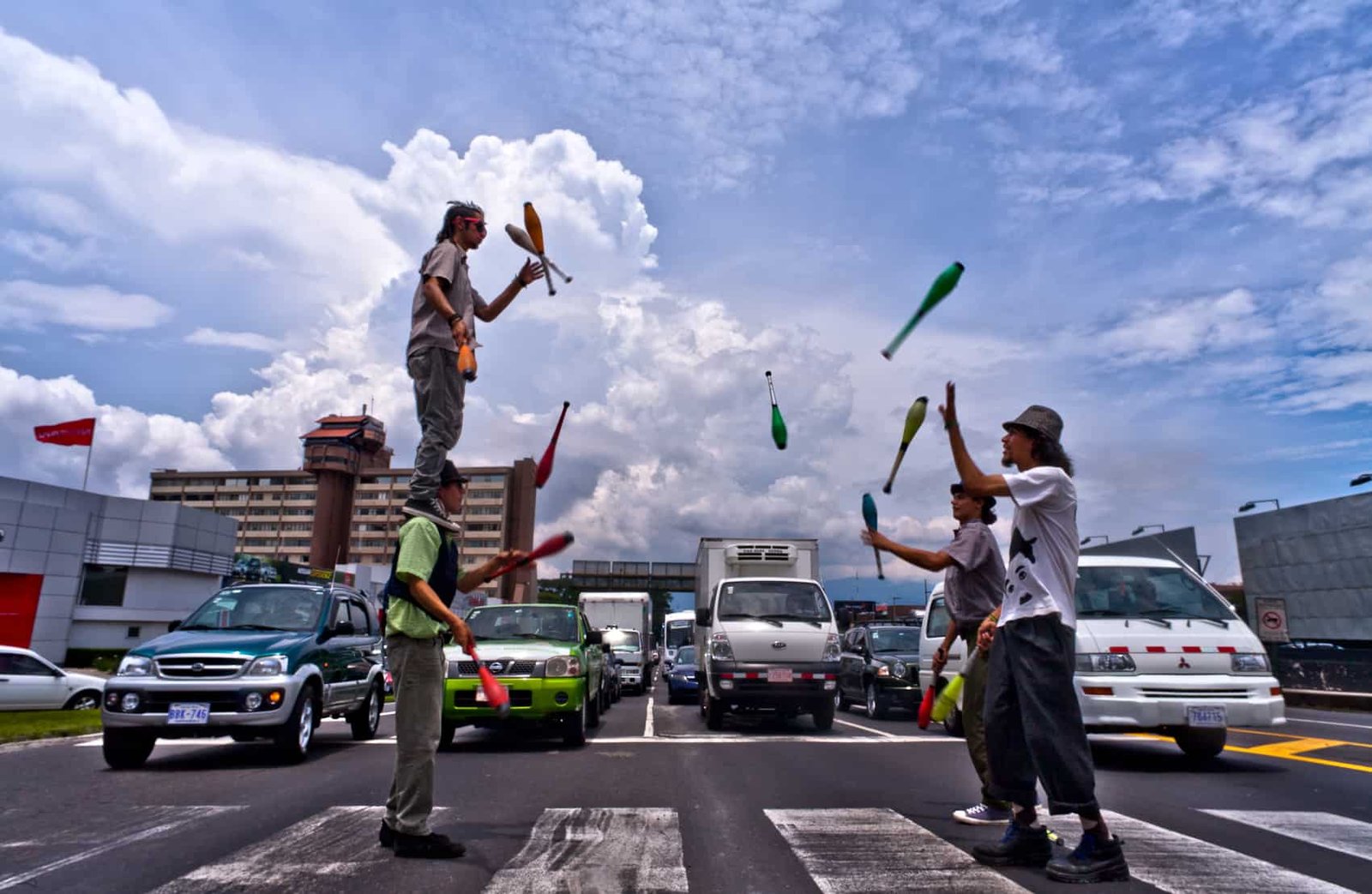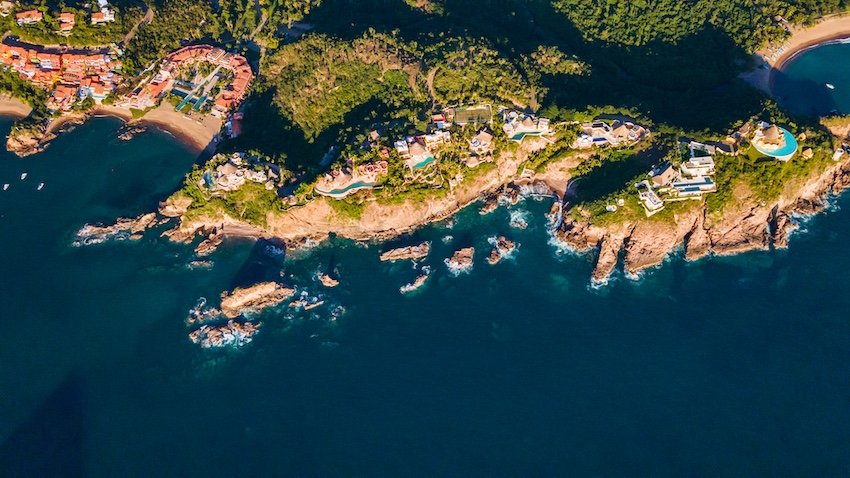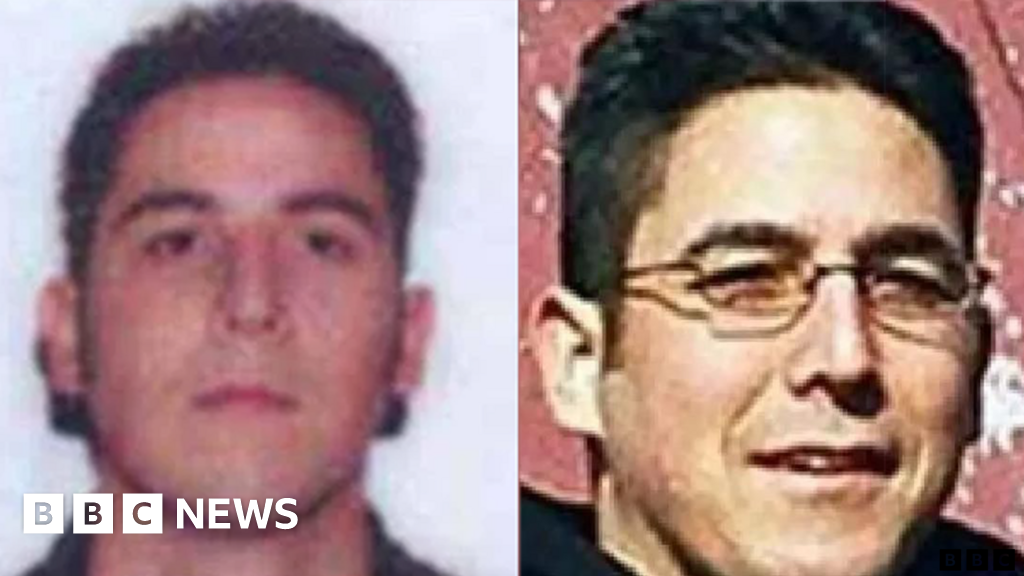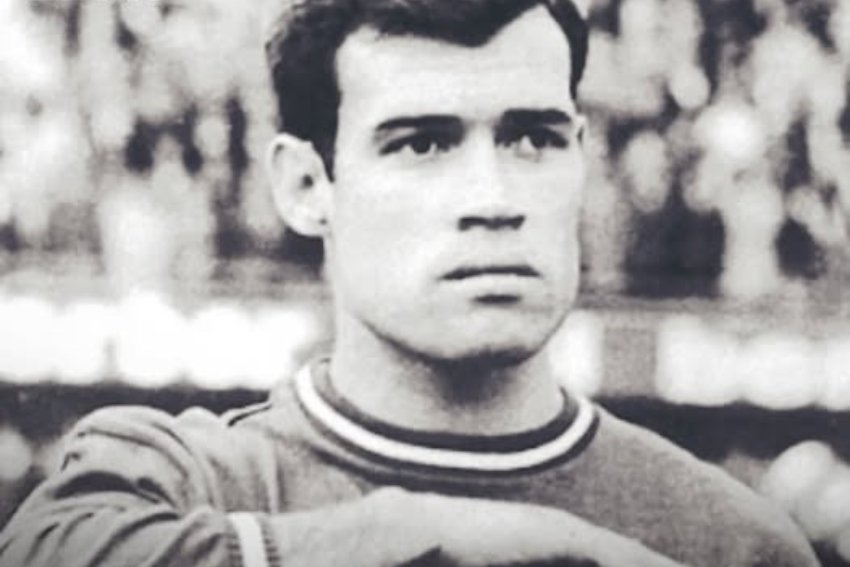After over three decades here, experiencing a new “first” is a rarity. But yesterday afternoon, while idling at a stoplight, a young man approached my car and, without me asking or even nodding in approval, wiped my windshield clean with a squeegee. This experience, while common when driving the streets of DC or Baltimore, was a first for me in Costa Rica. I fished a few coins from the center console and tipped him.
If you have driven in any urban area in Costa Rica, you have seen them. They walk the narrow spaces between lanes of cars, some with small offerings in return for a bit of coin, others using themselves as props with a quick piece of entertainment before soliciting donations just before the light turns green.
They occupy a gray area in the national economy, surviving on coins and 1,000 and 2,000 colón notes. They have no SINPE numbers for bank transfers and are possibly the only people collecting money in the country who do not have to issue a factura electrónica.
For the past couple of years, some of the most visible are also some of the truly most unfortunate—the Venezuelans. Neither here nor there, they have braved the hell that is the Darién Gap, only to be stuck in Tico purgatory. Any dreams they had of making it to the U.S. have been dashed by new policies, and their signs now reflect that reality.
Known throughout the country for their homemade signs on brown cardboard, their messages no longer mention anything about los Estados Unidos. Instead, they are hoping to gather enough money for el regreso—the return to Venezuela. While far fewer in number than a couple of years back, they are still here, and no stoplight soldier has a sadder story to tell.
The flip side to their tragedy is the presence of the entertainers. Near my house is a major intersection where a guy named Andrés sometimes shows up to juggle machetes in front of the lines of awaiting vehicles.
I have watched him several times and have never seen him drop one. I spoke with him and found out he might make 10,000 colones on a good few hours of intermittent juggling. In another town nearby, there is a guy who juggles flaming sticks at the stoplight. It is great that he has the confidence to juggle fire, but given the condition of certain leaky vehicles cruising our highways, it is wise to give this guy plenty of leeway while he does his thing.
There are also small vendors who sell everything from bottles of water and bags of plantain crisps to bouquets of flowers to miniature Costa Rican flags. And then there are the physically unfit. Beware of the physically unfit, because they are often not what they seem. Every couple of years, one media outlet or another exposes a man with a bad limp or on crutches, collecting money all day at a stoplight.
Following him home after an arduous day of faking a disability, they will show him walking without a limp, confront him, and temporarily embarrass him on camera. As there is no law that I am aware of against impersonating a slightly lame person in a public place to collect money, the perpetrator is free to return to a different intersection and continue with his game.
Fraudulent grifters aside, most stoplight soldiers are simply trying to get by in an increasingly difficult world. So, if you are approached by one at a stoplight and have a couple hundred colones handy, your donation will be appreciated.




